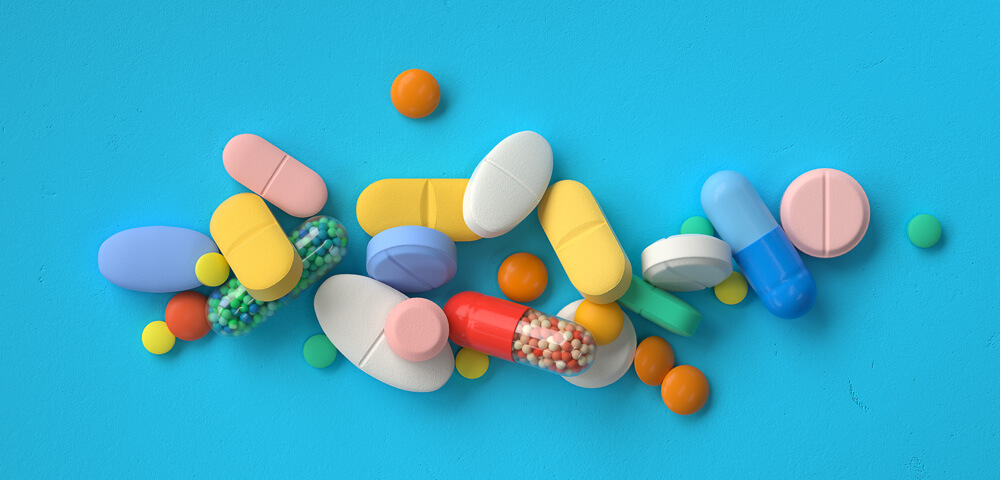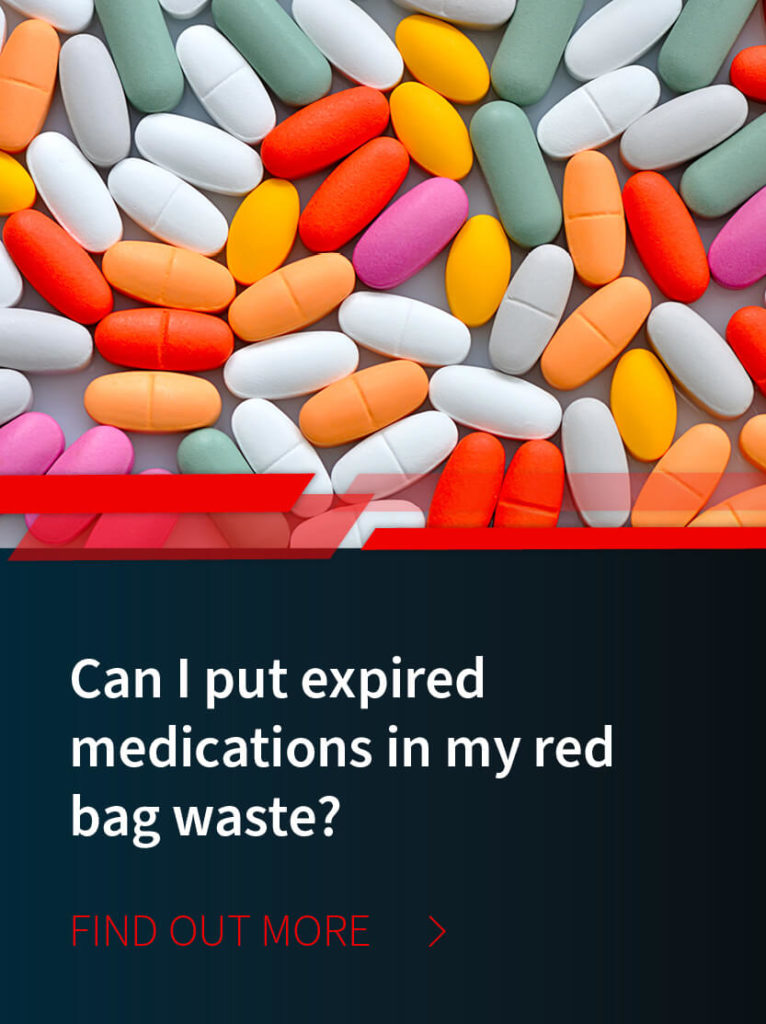
Properly disposing of all pharmaceutical waste can be challenging because of how many waste streams the average pharmacy creates. To complicate matters, every one of those waste streams has specific rules and regulations regarding proper waste disposal protocol. When your pharmacy is legally and financially obligated to follow those rules, it becomes extremely important to know exactly what practices to enforce in order to ensure your total compliance.
Pharmaceutical Waste Disposal: What Your Pharmacy Should (and Shouldn't) Be Doing
How to Dispose of Expired Medication Safely and Legally: Dos and Don'ts
The most obvious and prominent aspect of pharmaceutical waste disposal is dealing with expired medications.
Pharmacy Waste Management: Don'ts
Because these expired drugs contain materials that could be harmful to the environment and people if they entered the ground or water system, it's vitally important that you never flush expired medicine down the toilet or drain or simply throw them away in the trash can, where they'll eventually end up in a landfill. (The only exception would be if that medication specifically says to do so on the label.)
Another common and dangerous practice is putting expired medication in with your red bag waste. While this illegal practice is most commonly associated with hospitals, any pharmacy that offers vaccines or shots will generate regulated medical waste. In that case, it's vitally important you don't throw any expired drugs in with your regulated waste.
Proper regulated medical waste disposal involves treatment in a medical waste autoclave, and that sterilization process does not properly treat expired medicine. That is, the drugs will still be dangerous when they are introduced into a landfill after treatment.
Note, not every pharmacy is going to create biohazardous materials, but if you do, proper red bag waste disposal is yet another facet of your waste stream you'll have to learn and pass on to your employees in order to ensure compliance.
Pharmacy Waste Management: Dos
Proper and safe expired medication disposal for a pharmacy typically means a two-pronged attack. One, you utilize a reverse distribution system to legally send your expired drugs back to a reverse distributor, and two, you work with qualified and reputable medical waste management companies to handle everything a reverse distributor can't take back.
These waste companies should provide the pharmaceutical waste containers where you and your employees can deposit the expired medicine. These are kept on site under lock and key until full, at which time your company comes to make the medical waste pickup.
Avoid HIPAA Violations
As a pharmacy, part of your job is to keep your patients' protected health information (PHI) secure and private. This helps ensure you are in full HIPAA compliance. If you are disposing of pill bottles in any capacity, all sensitive patient information (including prescription number) must be adequately obscured or removed. This can involve scratching the numbers or information off, blacking it out with permanent marker, or covering it with duct tape. Following these practices means your pharmacy is not vulnerable to the fines or other punitive actions associated with HIPAA violations.
Retail Waste and Universal Waste
As pharmacies continue to grow in size and scope, they continue to produce more varied kinds of waste. That includes general retail waste as well as universal waste, such as light bulbs, batteries, and so on.
If you're working with a qualified waste management company, they can help you sort through these waste types and provide guidance on how to identify, segregate, store, and dispose of everything properly.
For more information about what a pharmacy needs to do to be fully compliant, please feel free to contact a representative of MCF Environmental Services, an Atlanta waste management business.








